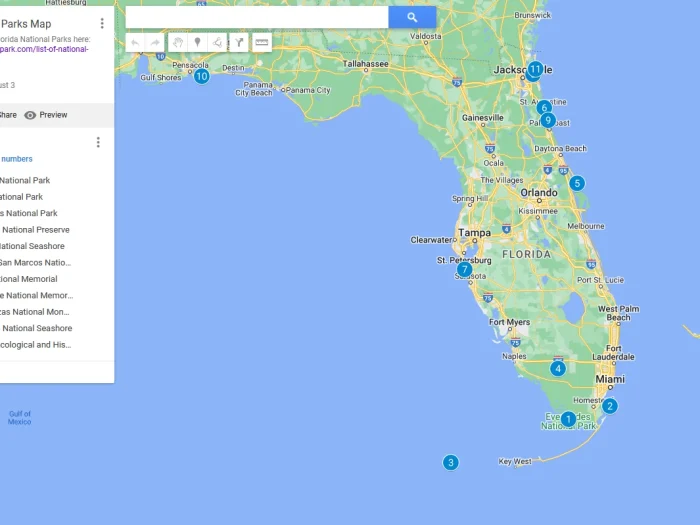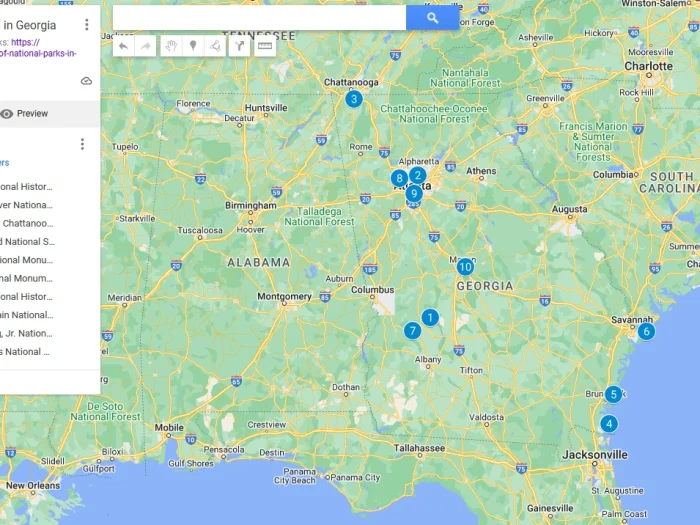Do I Need Permission to Take My Child Out of State for Vacation?
Planning a family vacation often involves exciting decisions about destinations and travel arrangements. However, when children are involved, especially in situations where parents are separated or divorced, questions about legal permissions and custody agreements can arise.
Understanding the rules and considerations around taking a child out of state is important to ensure that your plans proceed smoothly and without conflict. In this article, we’ll explore the key factors parents in Florida should be aware of before traveling out of state with their child.

What You Need to Know
If you share custody of your child, whether you need permission to take them out of state for a vacation depends largely on the terms outlined in your custody agreement or court order and the nature of your custody arrangement. In Florida, custody arrangements can be complex, and both parents’ rights and responsibilities must be carefully considered before making travel plans.
Understanding Shared Custody and Travel Rights
Shared custody in Florida can take different forms, including shared parental responsibility and timesharing. Shared parental responsibility means both parents have the right to make major decisions about the child’s welfare, such as education, healthcare, and travel. Timesharing refers to the schedule of when the child spends time with each parent.
If you have shared parental responsibility, you generally need to communicate and obtain consent from the other parent before taking the child out of state. This is because travel can affect the other parent’s timesharing schedule and the child’s relationship with both parents. The law encourages cooperation and communication between parents to avoid conflicts and ensure the child’s best interests.
What Does Your Custody Agreement Say?
The specific language in your custody agreement or court order is crucial. Some agreements explicitly require one parent to notify or obtain written permission from the other parent before traveling with the child outside the state. Others may specify a minimum notice period, such as 30 days, and may require details about the travel itinerary, accommodations, and contact information.
If your custody order is silent on travel, Florida courts generally expect parents to communicate and cooperate in good faith. However, if the other parent objects to the travel and you proceed without permission, you could face legal consequences, including contempt of court or modification of custody orders.
When Permission May Not Be Required
In some cases, if you have sole parental responsibility or if the other parent has limited or supervised visitation rights, you may not need permission to travel with your child. Additionally, short trips within a reasonable distance or brief vacations might not require formal permission, but it is still advisable to inform the other parent to avoid misunderstandings.
What If the Other Parent Denies Permission?
If the other parent refuses to grant permission without a valid reason, you may petition the court for permission to travel. The court will consider factors such as the purpose and duration of the trip, the impact on the child’s relationship with both parents, and the child’s best interests. Courts typically favor travel that promotes the child’s well-being and family bonding, provided it does not interfere with the other parent’s rights.
Practical Tips for Traveling with a Child in Shared Custody Situations
- Communicate Early: Inform the other parent about your travel plans as early as possible.
- Put It in Writing: Obtain written consent or at least document your communications.
- Provide Details: Share the itinerary, contact information, and accommodation details.
- Respect the Schedule: Try to schedule travel during your designated timesharing period.
- Carry Documentation: Bring a copy of the custody order and any travel consent forms when traveling.
How an Attorney Can Help
Navigating custody and travel issues involving children can be emotionally challenging and legally complex, especially when parents share custody. Your family lawyer can provide invaluable assistance to help you understand your rights, protect your interests, and ensure that your travel plans comply with Florida law and any existing custody agreements.
Clarifying Your Legal Rights and Obligations
One of the primary ways an attorney can help is by thoroughly reviewing your custody agreement or court order to determine what permissions are needed for out-of-state travel. Custody orders can be complicated, and the language may not always be clear.
An attorney can interpret the terms related to parental responsibility, timesharing, and travel restrictions, so you know exactly what is required before taking your child out of state. This clarity can prevent misunderstandings and potential legal issues with the other parent.
Facilitating Communication and Negotiation
If you share custody, an attorney can assist in communicating with the other parent or their legal counsel to obtain the necessary travel permissions. Sometimes, parents can negotiate mutually agreeable terms for travel without court intervention, and having an attorney involved can help keep discussions professional and focused on the child’s best interests.
Attorneys can draft formal travel consent letters or agreements that clearly outline the travel details and parental permissions, which can be crucial if any questions arise during your trip.
Representing You in Court if Necessary
In situations where the other parent refuses to grant permission for out-of-state travel without a valid reason, an attorney can guide you through the process of petitioning the court for permission.
They will help you prepare the necessary legal documents, gather supporting evidence, and present a compelling case that demonstrates how the travel benefits your child and respects the other parent’s rights. A skilled attorney understands how Florida courts evaluate these requests and can advocate effectively on your behalf to protect your parental rights.
Preventing Future Disputes
An attorney can also assist in modifying custody agreements or court orders if your travel needs change over time. For example, if you plan frequent out-of-state trips or extended vacations, your attorney can help you negotiate or seek court approval for updated terms that accommodate your family’s lifestyle while minimizing conflicts.
Providing Peace of Mind
Ultimately, working with a family law attorney provides peace of mind. Knowing that you have professional guidance ensures that you are making informed decisions, complying with legal requirements, and acting in the best interests of your child. This support can reduce stress and help you focus on enjoying your time with your child during your vacation.
If you are considering traveling out of state with your child and share custody, consulting a knowledgeable family law attorney in Florida is a wise step to protect your rights and ensure a smooth, conflict-free trip.
Reach Out to a Lawyer With Any Additional Questions
In Florida, if you share custody of your child, you often need permission from the other parent before taking your child out of state for a vacation. The specific requirements depend on your custody agreement and court orders.
Open communication and cooperation between parents are essential to avoid disputes and ensure that travel plans respect both parents’ rights and the child’s best interests. If conflicts arise, consulting with a family law attorney can help you understand your rights and navigate the legal process.






